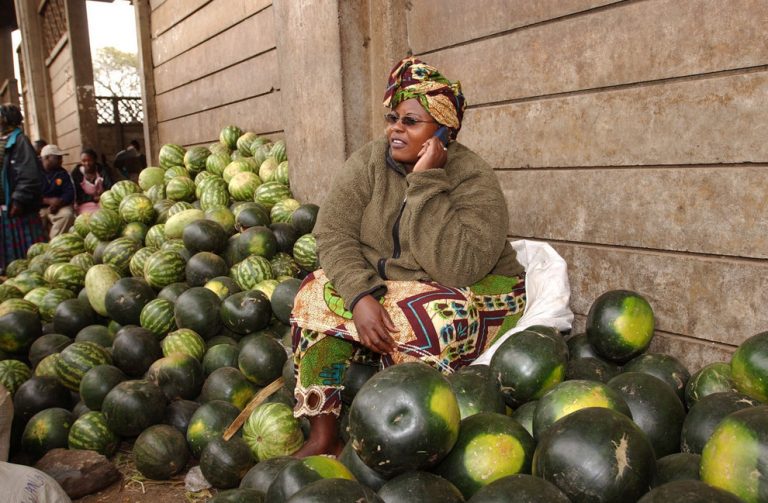
A new study report has come out to show why women in emerging economies don’t access and use formal financial services to the same extent as their male counterparts. The study concentrated on emerging economies including Kenya in its research.
The report established that leaving women out of the formal financial system is not just bad for women but also bad for business because women as a segment represent an important market opportunity. “Although we have made great strides to expand access to financial services through new technologies and innovative business models, the gender divide stubbornly persists in most emerging markets,” said Tilman Ehrbeck, partner at Omidyar Network.
The report by the Bankable Frontiers Associates (BFA) identified leveraging women’s social networks, tailoring tools to manage day-to-day transactions, and creating new digital, branch-less platforms as some of the steps needed to better cater to this segment.
While looking at the alternative informal banking services that women have been opting for, the report hailed Kenya’s mobile money innovations and agent networks. It recommended that financial service providers in other emerging economies should adapt similar financial platforms into their product designs.
“The reality is that traditional bank accounts just aren’t that useful for a lot of women who move in and out of the workforce, earn very little money, and are typically managing day-to-day cash flows rather than big, long-term investments with their savings,” explained Julie Zollmann, senior associate at BFA and co- author of the research. “For financial service providers, this means building even lower cost tools to solve women’s money problems.”
The report was titled A Buck Short: What Financial Diaries Tell Us About Building Financial Services That Matter to Low-Income Women was sponsored by Omidyar Network.
BFA is a global consulting firm specializing in the development of financial services for low-income people around the world.





